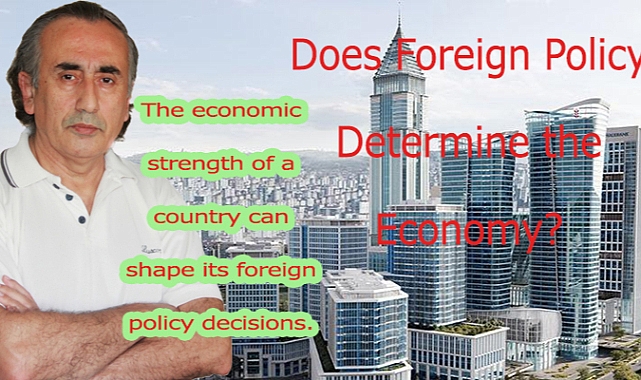Foreign policy and the economy are significant factors that influence each other. While foreign policy encompasses the strategies and policies that guide a country's relations with other nations, the economy refers to the production of goods and services, trade, investment, employment, and income distribution within a country. Foreign policy decisions can shape economic relationships, and economic policies can also have an impact on foreign policy.
A country's foreign policy can influence economic factors such as international trade agreements, investment policies, and the opening or closing of borders. For instance, if a country's foreign policy focuses on free trade and global economy, it can create more opportunities for economic growth and international cooperation.
Conversely, the economic situation can also affect foreign policy. The economic strength of a country can shape its foreign policy decisions. Economic crises or a strong economy can influence a country's stance and objectives in foreign policy.
In conclusion, foreign policy and the economy are interrelated and should be considered together. Both play significant roles in determining a country's domestic and foreign policies and impact international relations.










